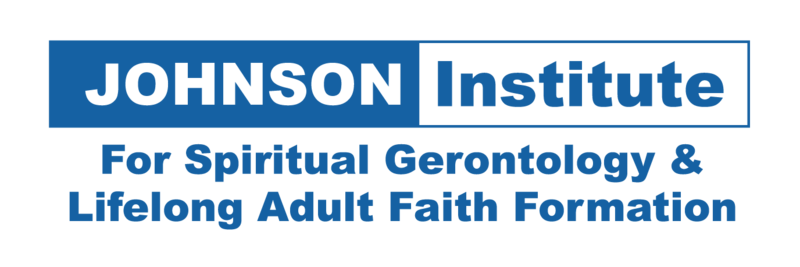Resilience and Agelessness - Part Two
Sep 13 2017
We also glory in our sufferings, because we know that suffering produces perseverance. James 5:3
Resilience allows us to reign-in our feelings. Resilience balances fear with current good, moderates anger with patience, and calms grief with gratitude. Negative emotions like anger, fear and anxiety are very functional, they help us survive; but positive emotions such as delight, wonder and compassion help us thrive. Painful emotions deplete our energy, while positive emotions renew our energy. For example anger can defend our dignity, but left unattended it can also mushroom into resentment. Fear is a wonderful early warning system, but if overused can devolve into phobias. Guilt, which is meant to garner goodness, if left unattended can become a cruel judge of our every action and impulse. While pain, rage and grief provide short-term benefits, positive emotions provide benefits over the long haul. For example, allowing room for both sadness and gratitude is part of the strength of resilience.
Psychology sees resilience not as an internal personality trait but as an ability that one can learn. Noted Harvard psychologist and researcher George Valiant defines resilience as "the self-regulating tendencies within the organism." This means of course that we can learn resilience. It is not a capacity that is inbred not a result of physical DNA.
Courage
Courage is the capacity to face our fear without collapsing into panic. The noted theologian Josef Pieper reminds us that the essence of courage "lies not in knowing no fear, but not allowing oneself to be forced into evil by fear, or to be kept by fear from the realization of good." Courage then consists in having a character that lets neither fear nor overconfidence unduly change your behavior.
Patience
Courage is more often been expressed in patient endurance rather than as the aggressive combat of the warrior. Thomas Aquinas acknowledged that sadness can spiral down into melancholy and depression. Patience protects us from this dangerous dissent. Patience is the steadying capacity that allows us to stay with our commitments even in the face of threats and doubts.
Commitment
Commitment is the human condition created when we exercise personal perseverance, patience, and stamina so that fidelity and courageous steadfastness can grow strong. Commitment, or staying power, is a gift from God that gives us the strength to persistently carry on in our cause, our mission, and in our personal vocation. Commitment means having singleness of purpose and tenacity. Commitment means proceeding when others may have lost hope, running the extra mile, having backbone, courage, and spiritual grit.
Commitment, as a necessary component of resilience, is essential in any relationship. The quality of commitment carries the relationship through times of confusion, it offers emotional stability, it gives vision to the future, and a sense that "this too will pass". Committed relationships actively sustain all aspects of love, they work towards developing balance in the relationship, they focus on relationship continuity and predictability, they facilitate personal growth in both parties, and they are mutually supportive especially during critical times of change.
Let perseverance finish its work so that you may be mature and complete, not lacking in anything." James 1:4.
Contentment
Contentment may be a principal emotion that flows from resilience. Contentment names a particular frame of mind – the delight of resting in appreciation of what is in the now. We welcome the healing emotion of contentment when we take the time to appreciate achievements. We simply rest in appreciation of what has been brought to life through the virtue of resilience. Contentment allows us to focus on the blessings we have received and it supports our readiness to give thanks. Contentment can even move into satisfaction. Actually satisfaction adds to contentment a sense of enough, the pleasure in knowing what has just transpired. We experience satisfaction in a job well done or a difficult task completed, all adding to our sense of resilience.
Once again I am indebted to authors Whitehead and Whitehead for writing their wonderful book, The Virtue of Resilience from which I have generously taken to compose the blog. I heartily recommend this book to you. You can find it at Orbis Books.
